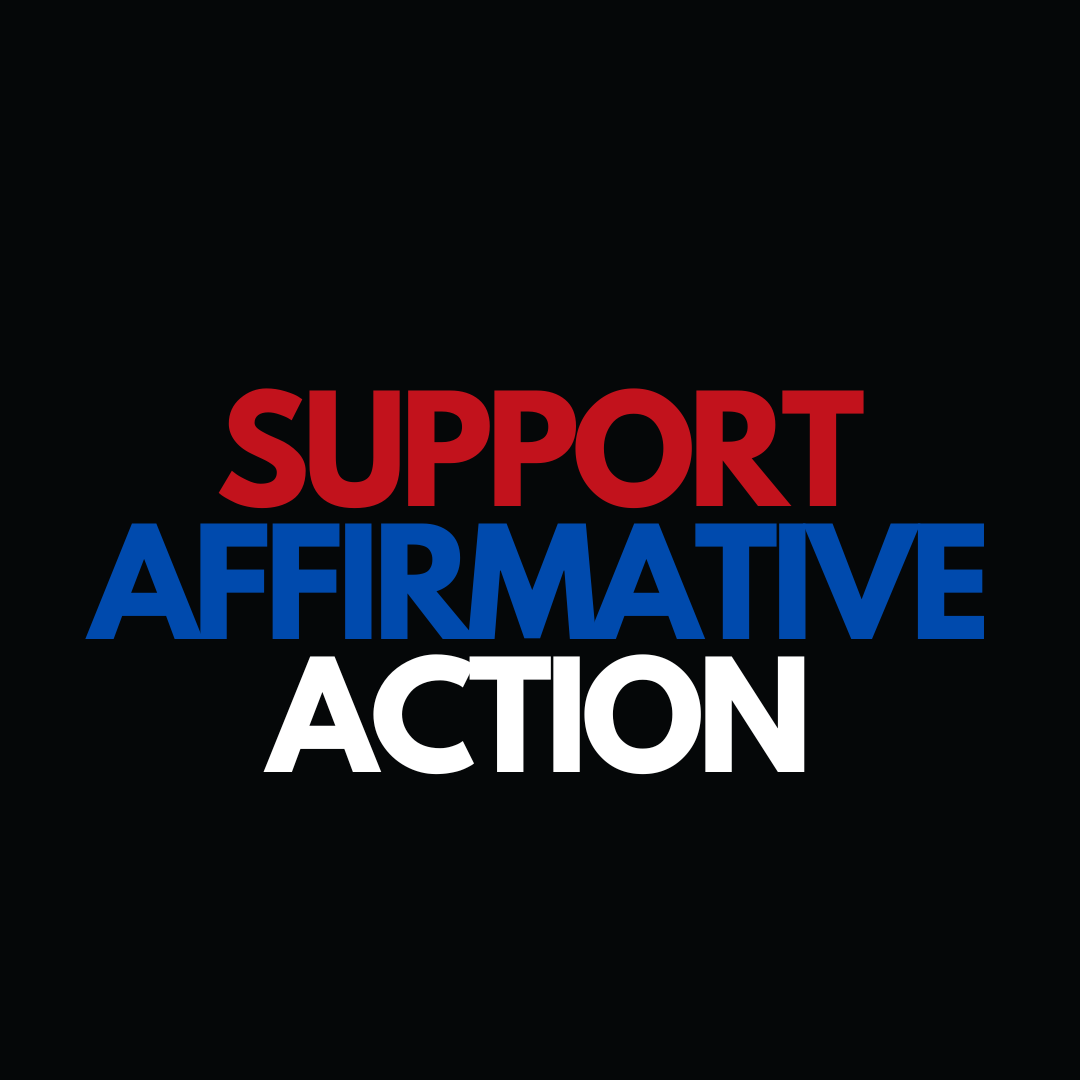Supreme Court Declares Affirmative Action Unconstitutional: A Blow to Diversity in Higher Education

In a decision reminiscent of last year's ruling on abortion rights, the Supreme Court has declared the use of race as a factor in college admissions unconstitutional. The decision in Students for Fair Admissions, Inc. v. President and Fellows of Harvard College aligns closely with the court's previous ruling, with Chief Justice John Roberts penning the majority opinion. The decision has been anticipated for decades, as affirmative action in university admissions has long been a target for conservative efforts to overturn it. This article explores the implications of the ruling and the long-lasting consequences it may have on diversity and equal opportunities in higher education.
A Long-Awaited Decision:
The ruling does not come as a surprise, as the sentiment against affirmative action has grown stronger over the years. Conservative presidents, beginning with Ronald Reagan, have appointed justices with the intention of dismantling both Roe v. Wade and affirmative action. Justice Clarence Thomas, in his concurring opinion, echoed arguments he has made since joining the Court in 1991, highlighting what he perceives as the detrimental effects of affirmative action on its intended beneficiaries.
The Role of Chief Justice Roberts:
Chief Justice John Roberts, who did not join in striking down Roe v. Wade, authored the majority opinion on affirmative action. He emphasized the need to eliminate racial discrimination entirely, asserting that equal protection should apply equally to individuals of all races. Roberts' stance aligns with his previous statements against discrimination based on race and reflects his long-standing belief in a color-blind approach to the law.
Conservative Justices' Influence:
Justice Samuel Alito, another appointee of President George W. Bush, has been consistently opposed to affirmative action since his appointment in 2005. Additionally, the three justices appointed by President Donald Trump, including Neil Gorsuch, Amy Coney Barrett, and Brett Kavanaugh, were expected to rule against affirmative action based on their conservative backgrounds and previous statements. Trump's promise to nominate justices aligned with the late Justice Scalia's ideology, known for his opposition to Roe v. Wade and affirmative action, was fulfilled through these appointments.
Implications and Future Consequences:
The legal ramifications of this decision are far-reaching and will have a lasting impact on college admissions. Notably, it underscores the significance of presidential elections, as Republican presidents have had a substantial influence on shaping the composition of the Supreme Court. The ruling poses a challenge to diversity and equal opportunity in higher education, and its effects will be felt for years to come.
Conclusion:
The Supreme Court's recent ruling declaring affirmative action unconstitutional in college admissions marks a significant setback for diversity and equal opportunity in higher education. The decision aligns with conservative efforts to overturn progressive precedents, and it emphasizes the need to eliminate racial discrimination entirely. As the legal landscape evolves, the implications of this ruling will shape the future of college admissions, raising questions about diversity, fairness, and access to education for underrepresented groups.
A Long-Awaited Decision:
The ruling does not come as a surprise, as the sentiment against affirmative action has grown stronger over the years. Conservative presidents, beginning with Ronald Reagan, have appointed justices with the intention of dismantling both Roe v. Wade and affirmative action. Justice Clarence Thomas, in his concurring opinion, echoed arguments he has made since joining the Court in 1991, highlighting what he perceives as the detrimental effects of affirmative action on its intended beneficiaries.
The Role of Chief Justice Roberts:
Chief Justice John Roberts, who did not join in striking down Roe v. Wade, authored the majority opinion on affirmative action. He emphasized the need to eliminate racial discrimination entirely, asserting that equal protection should apply equally to individuals of all races. Roberts' stance aligns with his previous statements against discrimination based on race and reflects his long-standing belief in a color-blind approach to the law.
Conservative Justices' Influence:
Justice Samuel Alito, another appointee of President George W. Bush, has been consistently opposed to affirmative action since his appointment in 2005. Additionally, the three justices appointed by President Donald Trump, including Neil Gorsuch, Amy Coney Barrett, and Brett Kavanaugh, were expected to rule against affirmative action based on their conservative backgrounds and previous statements. Trump's promise to nominate justices aligned with the late Justice Scalia's ideology, known for his opposition to Roe v. Wade and affirmative action, was fulfilled through these appointments.
Implications and Future Consequences:
The legal ramifications of this decision are far-reaching and will have a lasting impact on college admissions. Notably, it underscores the significance of presidential elections, as Republican presidents have had a substantial influence on shaping the composition of the Supreme Court. The ruling poses a challenge to diversity and equal opportunity in higher education, and its effects will be felt for years to come.
Conclusion:
The Supreme Court's recent ruling declaring affirmative action unconstitutional in college admissions marks a significant setback for diversity and equal opportunity in higher education. The decision aligns with conservative efforts to overturn progressive precedents, and it emphasizes the need to eliminate racial discrimination entirely. As the legal landscape evolves, the implications of this ruling will shape the future of college admissions, raising questions about diversity, fairness, and access to education for underrepresented groups.





Leave a comment